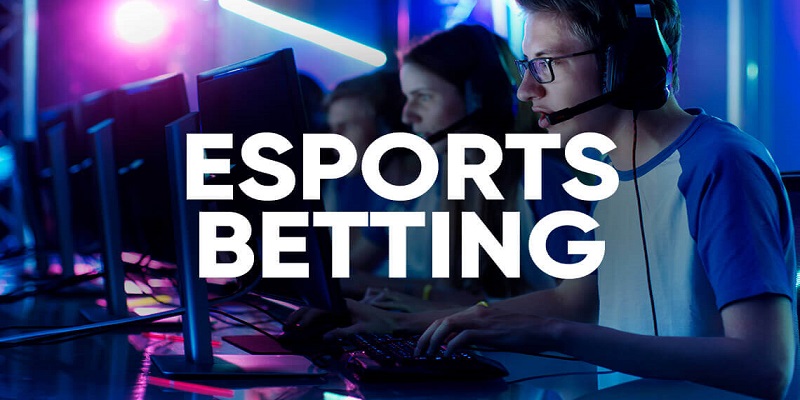The rapid growth of eSports has revolutionized the gaming industry, captivating a global audience and generating substantial revenue. Alongside this surge, the realm of eSports betting has emerged, offering a unique dimension of engagement for enthusiasts. However, the dynamic landscape of eSports betting is not devoid of legal and ethical challenges, presenting a complex web of regulatory concerns and ethical dilemmas that demand careful examination.
Read more: Understanding the Legal and Ethical Challenges of eSports BettingLegal Framework
Navigating Jurisdictional Ambiguity
The legality of eSports betting varies across different jurisdictions, posing a significant challenge for industry stakeholders. While some countries have embraced eSports betting within their existing gambling regulations, others grapple with the categorization of eSports as a legitimate sport. The absence of a comprehensive regulatory framework tailored specifically to eSports exacerbates the uncertainty, leaving operators and participants susceptible to potential legal ramifications. As a result, the establishment of clear and adaptive legislation that accounts for the unique characteristics of eSports is imperative to ensure the sustainable growth of the industry.
Youth Protection and Addiction Concerns
Ethical dilemmas concerning the vulnerability of the youth and the risks of addiction are paramount in the context of eSports betting. The accessibility of online platforms and the integration of betting mechanisms within popular games raise concerns about the exposure of minors to gambling practices. Additionally, the allure of high-stakes betting in the competitive eSports environment may contribute to the development of addictive behaviors among susceptible individuals. Implementing stringent age verification protocols, promoting responsible gambling practices, and fostering comprehensive awareness campaigns are crucial steps in mitigating these ethical challenges and safeguarding the well-being of participants.
Integrity and Fair Play
Combating Match-Fixing and Cheating
Preserving the integrity of eSports competitions represents a critical ethical imperative. The prevalence of match-fixing and cheating incidents not only undermines the credibility of the sport but also erodes the trust of stakeholders, including sponsors and fans. The integration of betting into eSports amplifies the risk of fraudulent activities, necessitating the implementation of robust monitoring systems, stringent penalties for offenders, and the cultivation of a culture of transparency and fair play. Collaboration between eSports organizations, regulatory bodies, and betting operators is instrumental in fostering an environment that prioritizes ethical conduct and upholds the spirit of healthy competition.
Corporate Responsibility and Accountability
As eSports betting continues to flourish, corporations operating in this domain must uphold principles of corporate responsibility and accountability. Engaging in transparent business practices, adhering to ethical advertising standards, and promoting responsible gambling initiatives are integral components of sustaining a socially conscious ecosystem. Furthermore, fostering partnerships with organizations dedicated to promoting mental health and well-being can underscore the commitment of the industry to prioritize the welfare of its participants and consumers.
In conclusion, navigating the intricate landscape of eSports betting necessitates a multifaceted approach that integrates comprehensive legal frameworks, robust ethical guidelines, and a steadfast commitment to corporate responsibility. Addressing the legal and ethical challenges inherent in eSports betting is pivotal to nurturing a sustainable and reputable industry that upholds the values of fairness, integrity, and responsible engagement.









